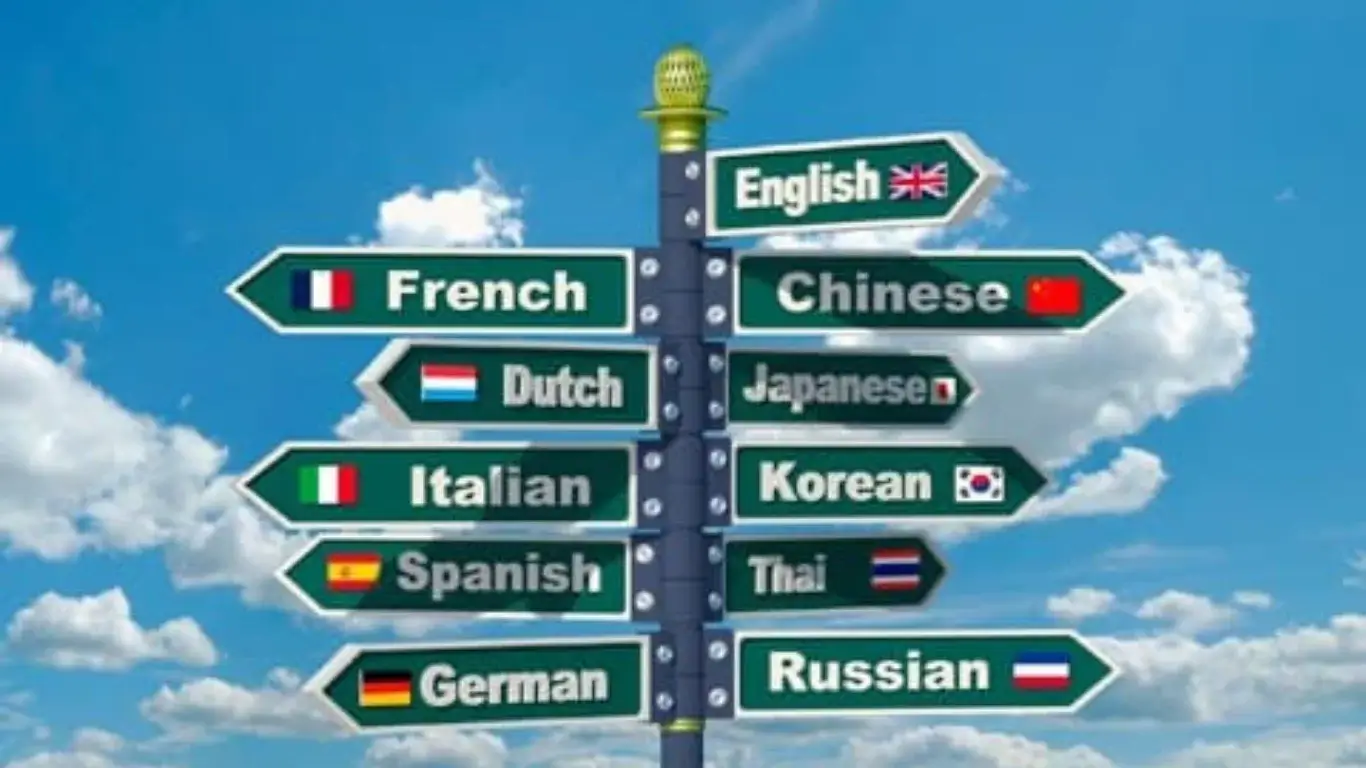At what age should children start learning a language? What do the experts say?

In today’s world, knowing a foreign language is not just an advantage — it’s a necessity. Especially for children, learning a language at an early age opens doors to greater opportunities. But one question always concerns parents: “At what age should my child start learning a foreign language?”
The brain is most active — language is easily absorbed
According to scientists, a child’s brain is most receptive to language learning between the ages of 0 and 7. During this period, a child can acquire one or even several languages as their mother tongue.
0–3 years: children are capable of recognizing any sound, including foreign languages. Playing foreign cartoons, songs, and communicating through toys is very effective at this stage.
3–6 years: the phase of understanding and speaking begins. Interest in learning new words and phrases increases.
After 6–7 years: children begin to grasp grammar consciously, but mastering pronunciation like a native speaker becomes harder.
Benefits of early language learning:
- natural pronunciation;
- rapid vocabulary development;
- improved brain function and memory;
- development of cultural awareness;
-easier learning of new languages later.
Experts say a second language learned in childhood enhances cognitive ability and supports logical thinking and problem-solving later in life.
Is it too late?
No. It’s never too late. However, learning in early childhood is the most natural and painless stage — the child learns without even realizing it. That’s why experts recommend starting from as early as 2–3 years of age.
Conclusion:
Want your child to learn a foreign language? Then don’t miss the chance — the age between 0 and 7 is the most effective. Learning through songs, cartoons, and games during this time makes it both enjoyable and beneficial.
Remember: Every new word is a step toward your child’s bright future. Read “Zamin” on Telegram!
Ctrl
Enter
Found a mistake?
Select the phrase and press Ctrl+Enter 
















